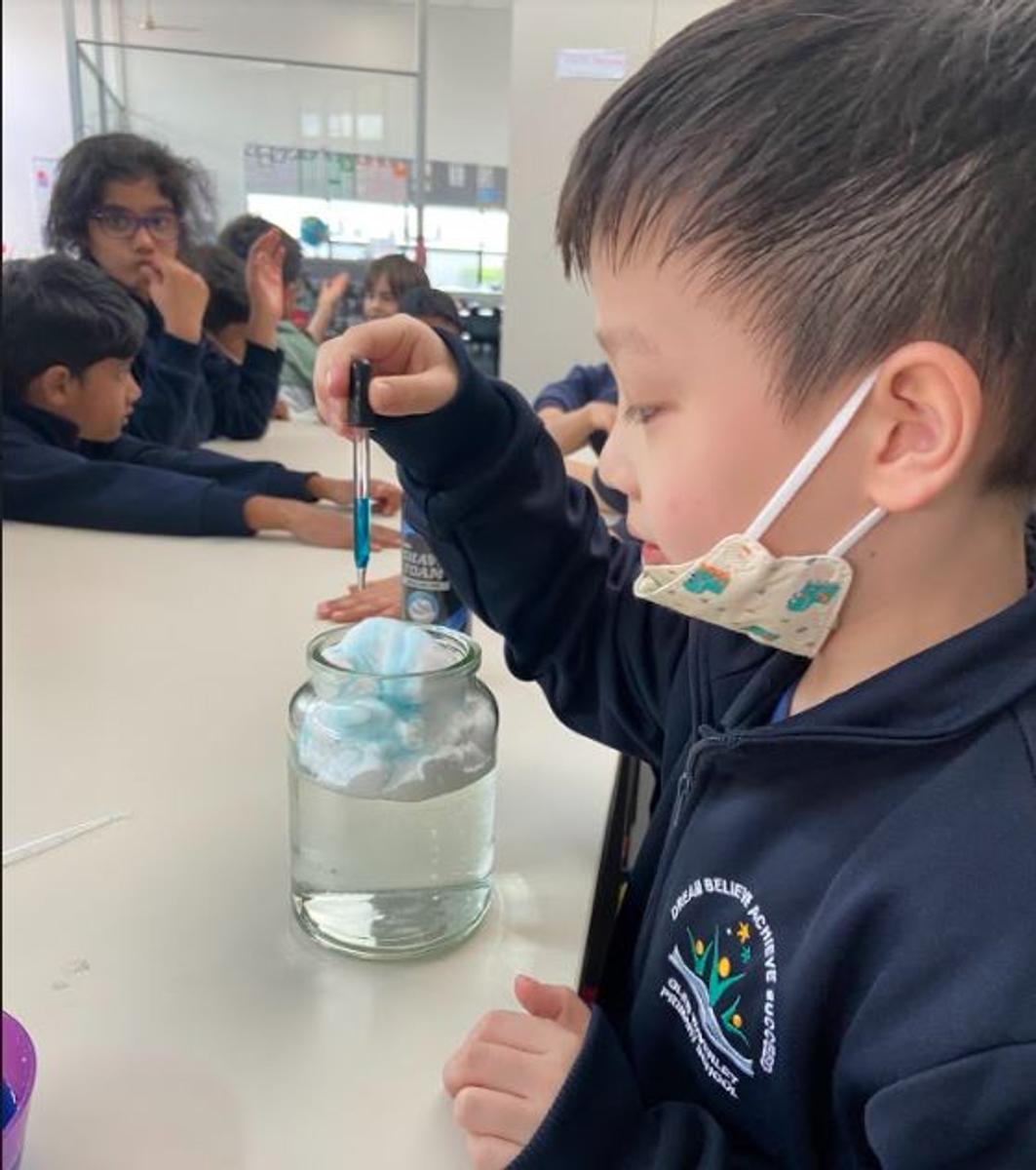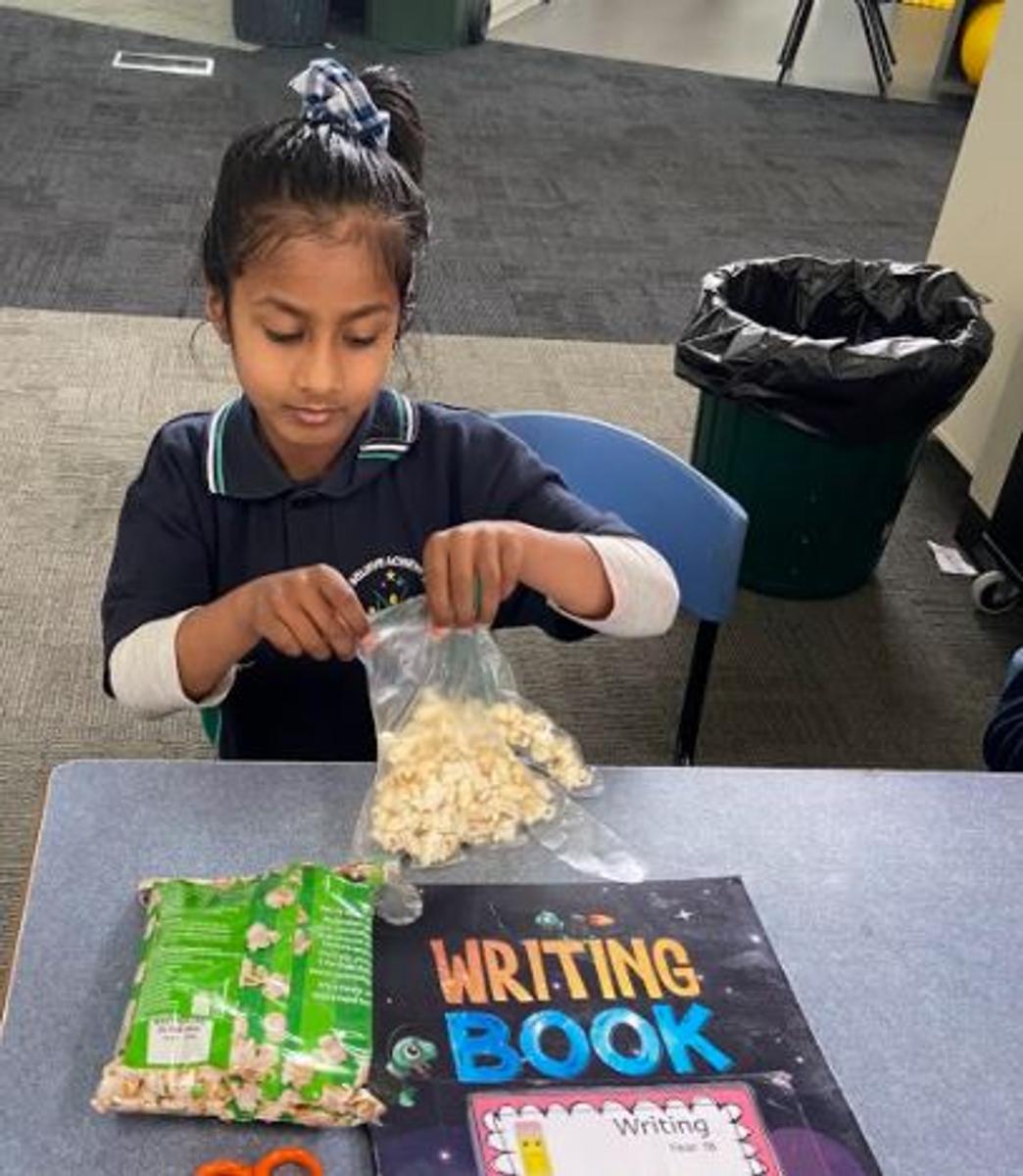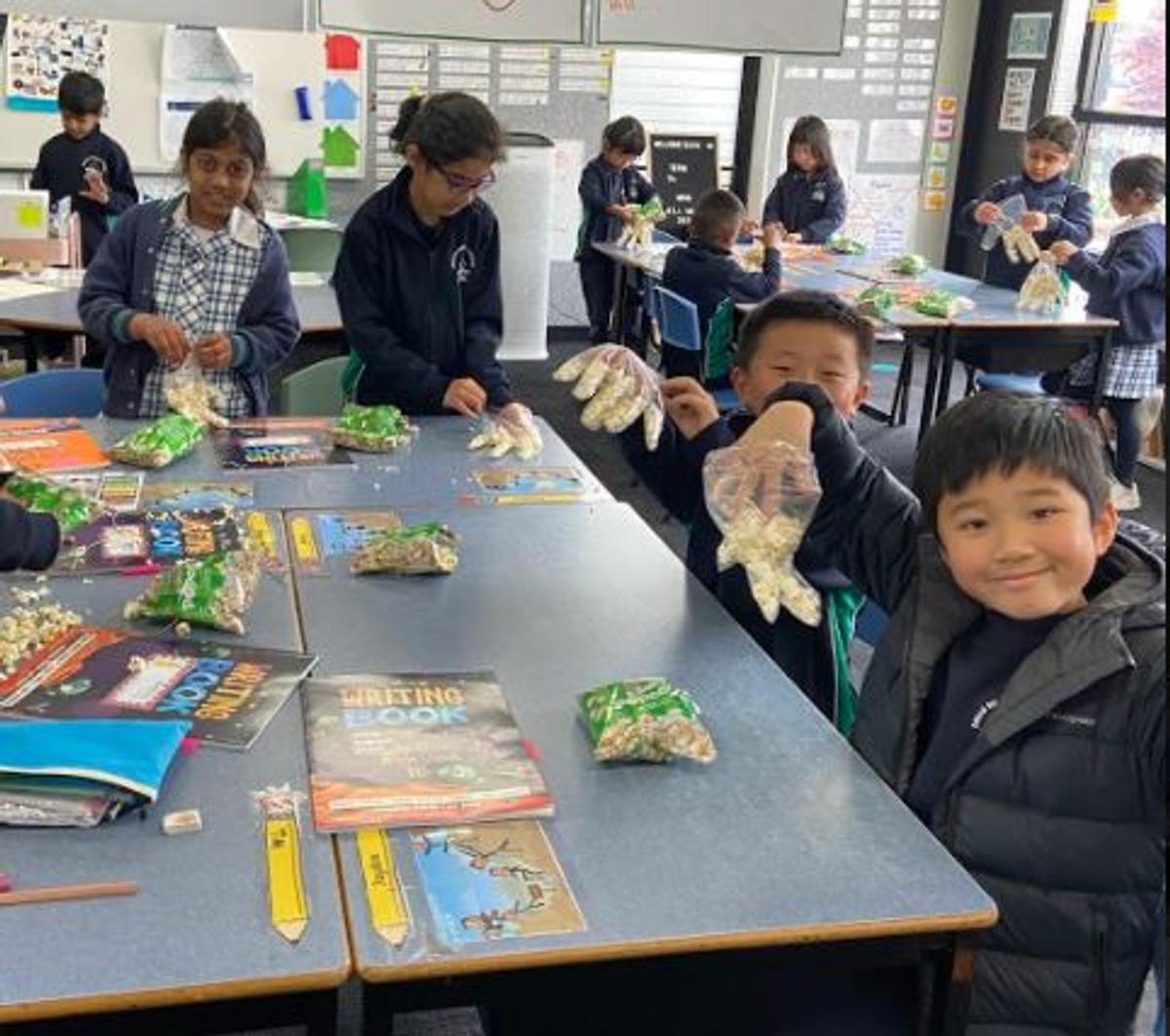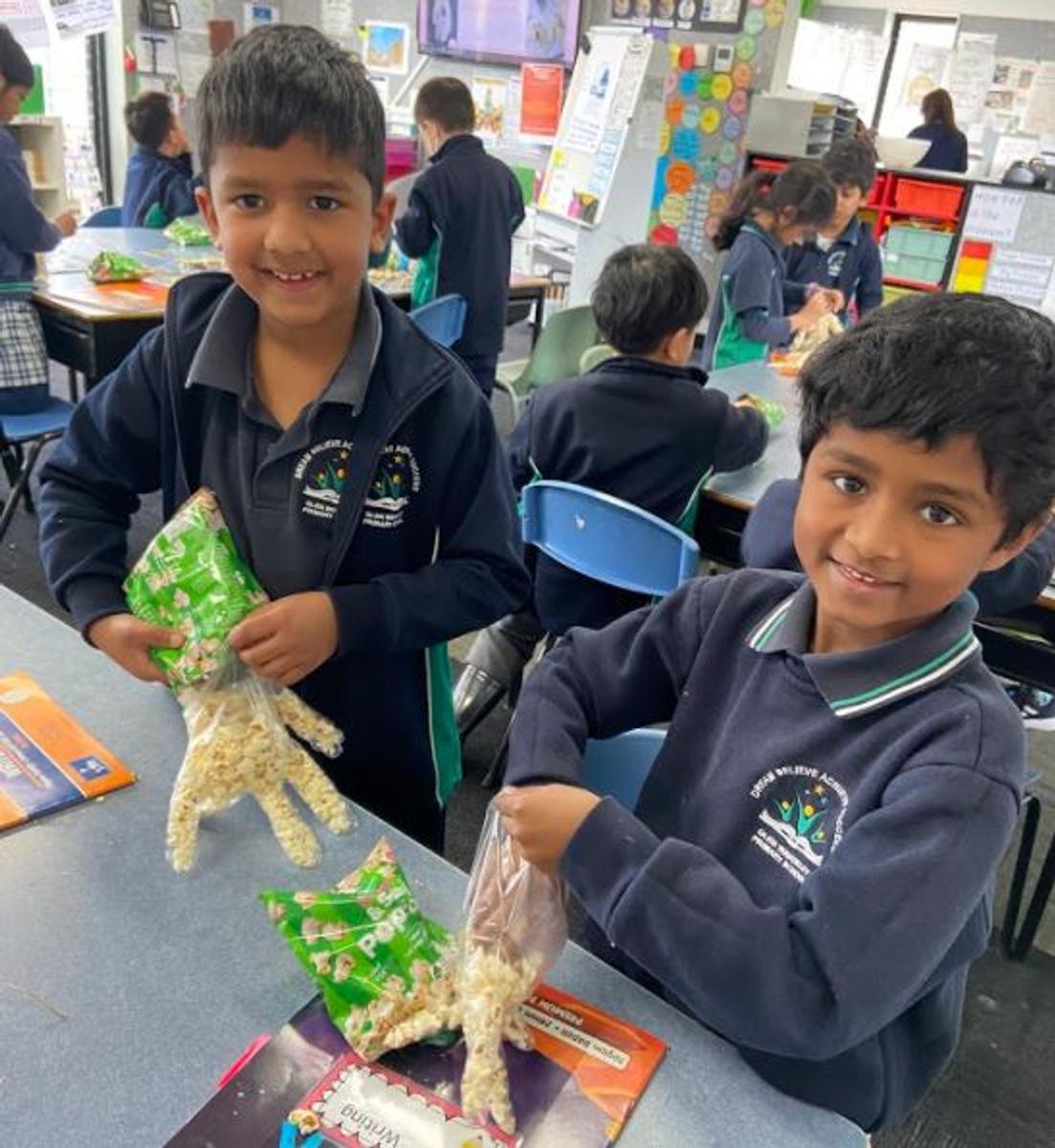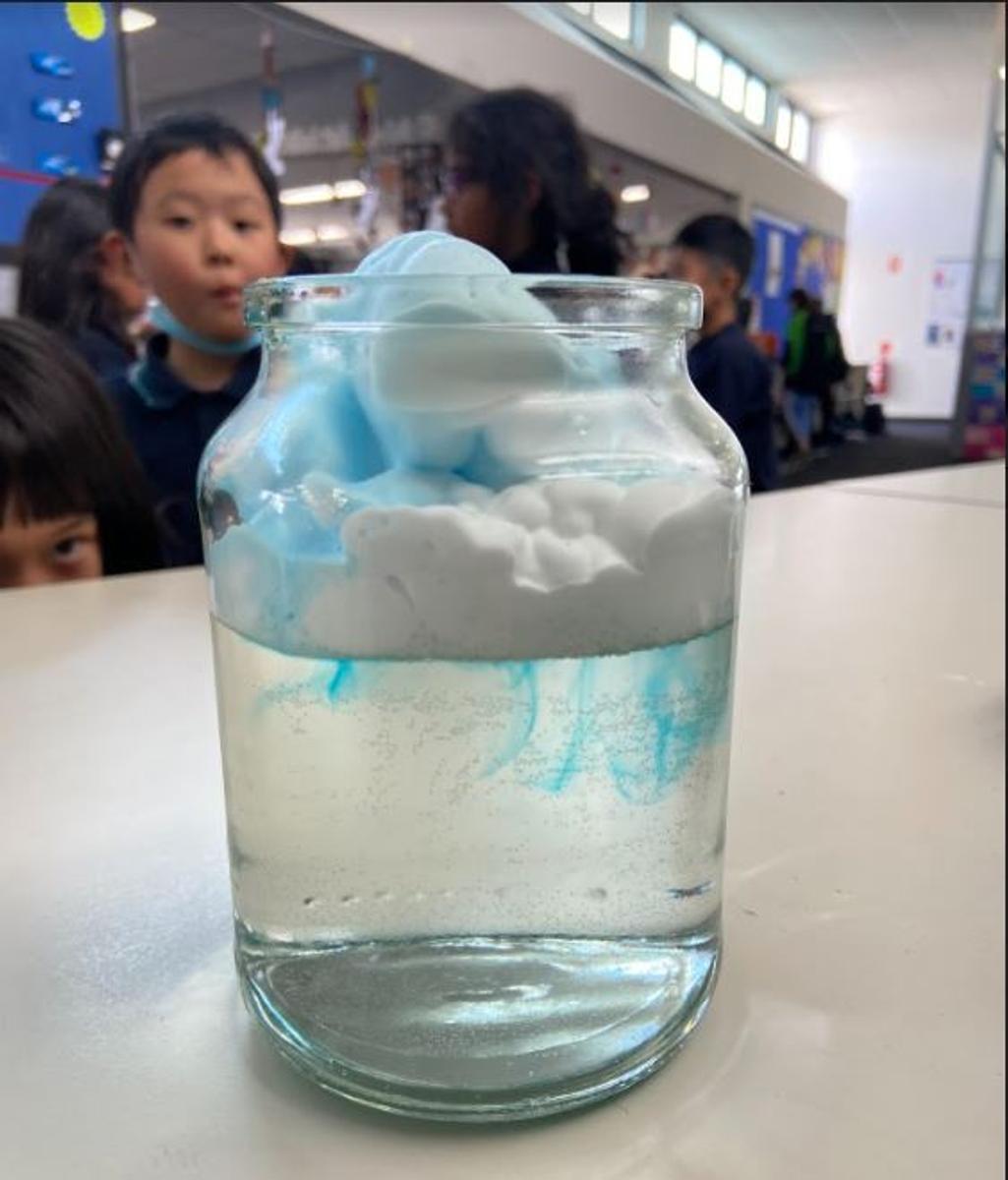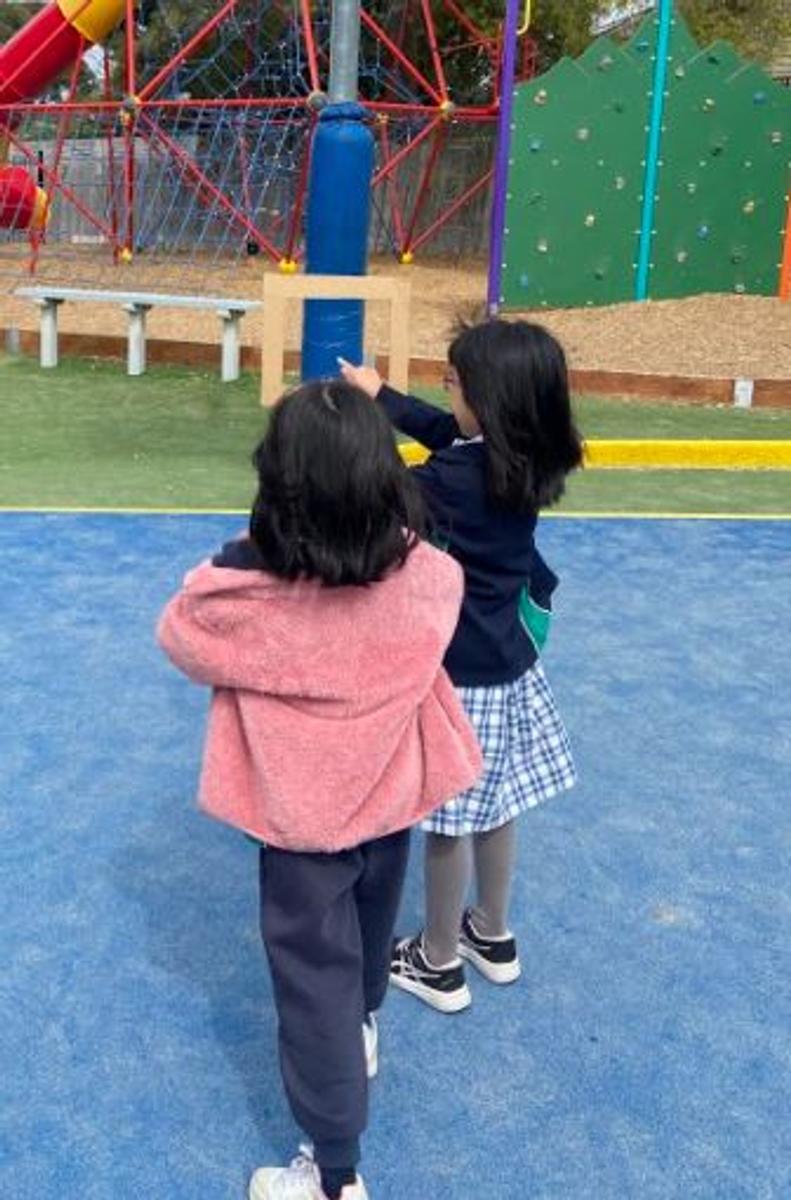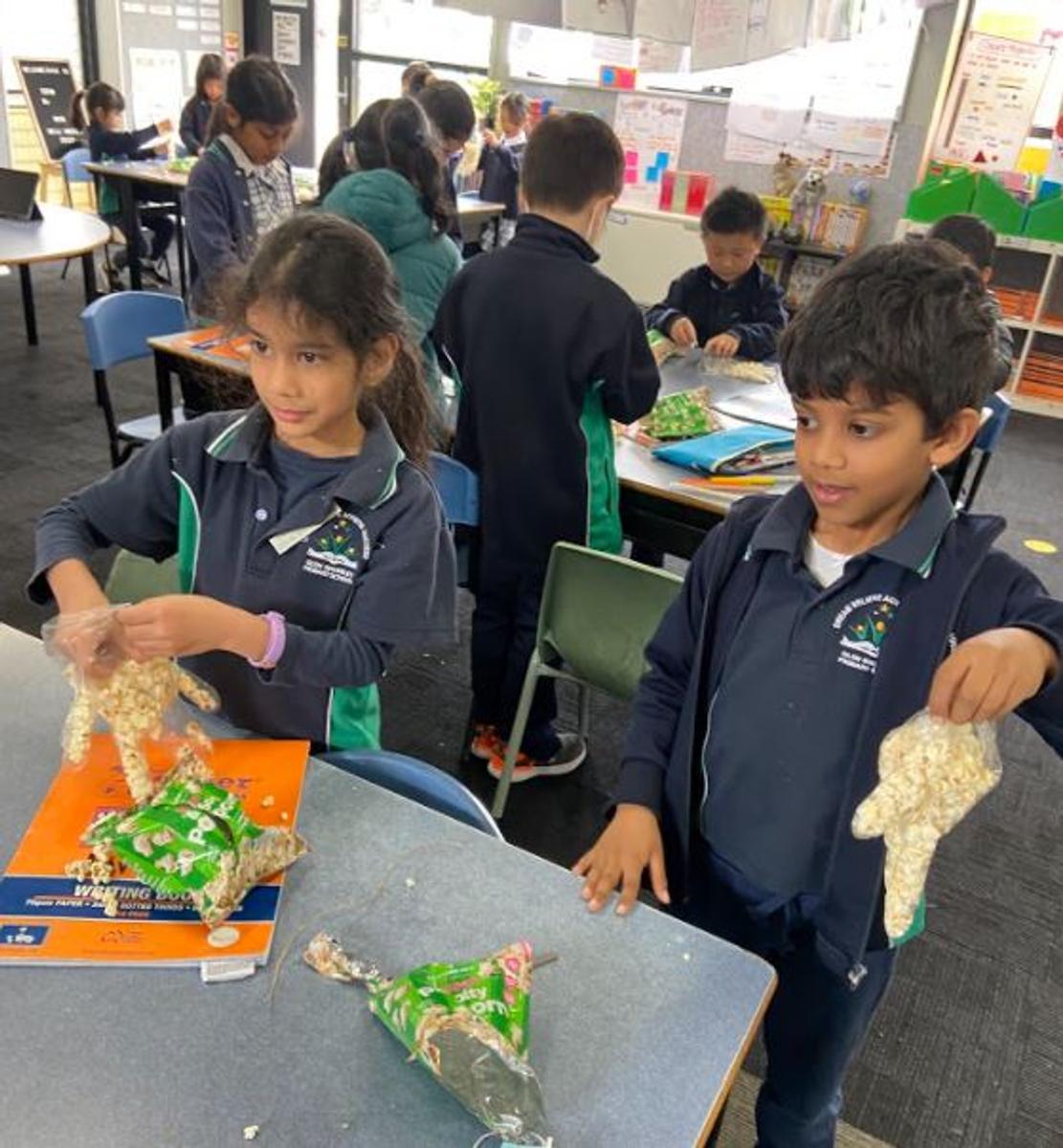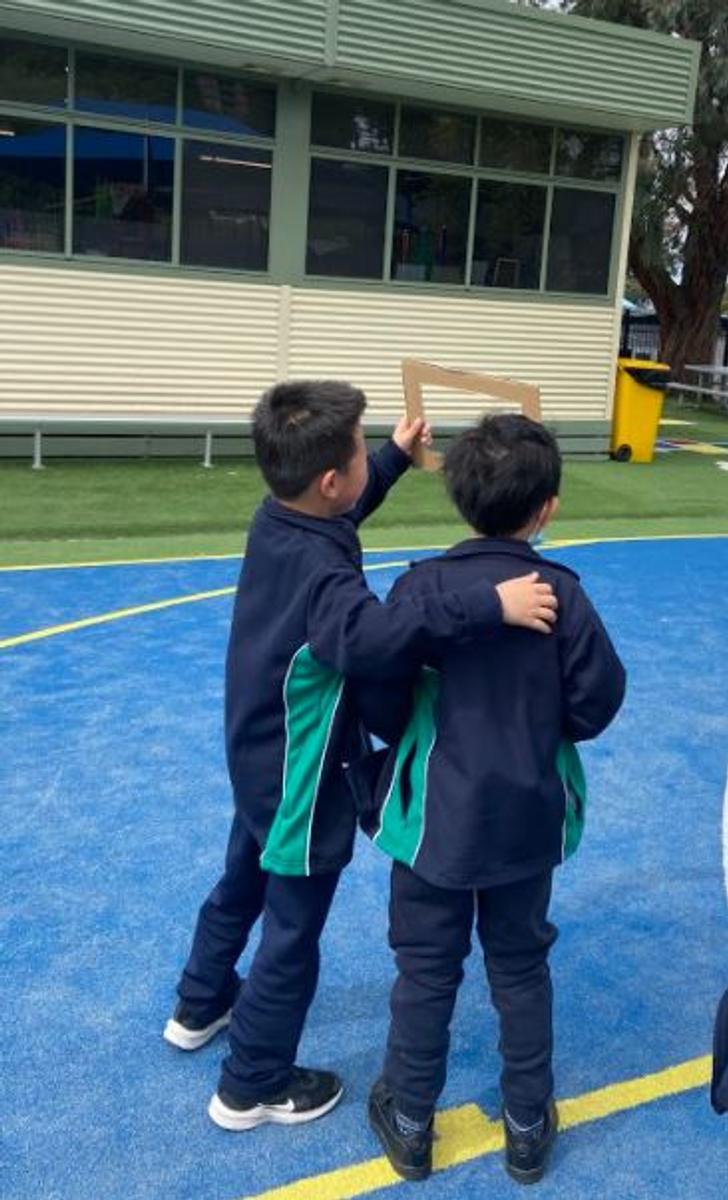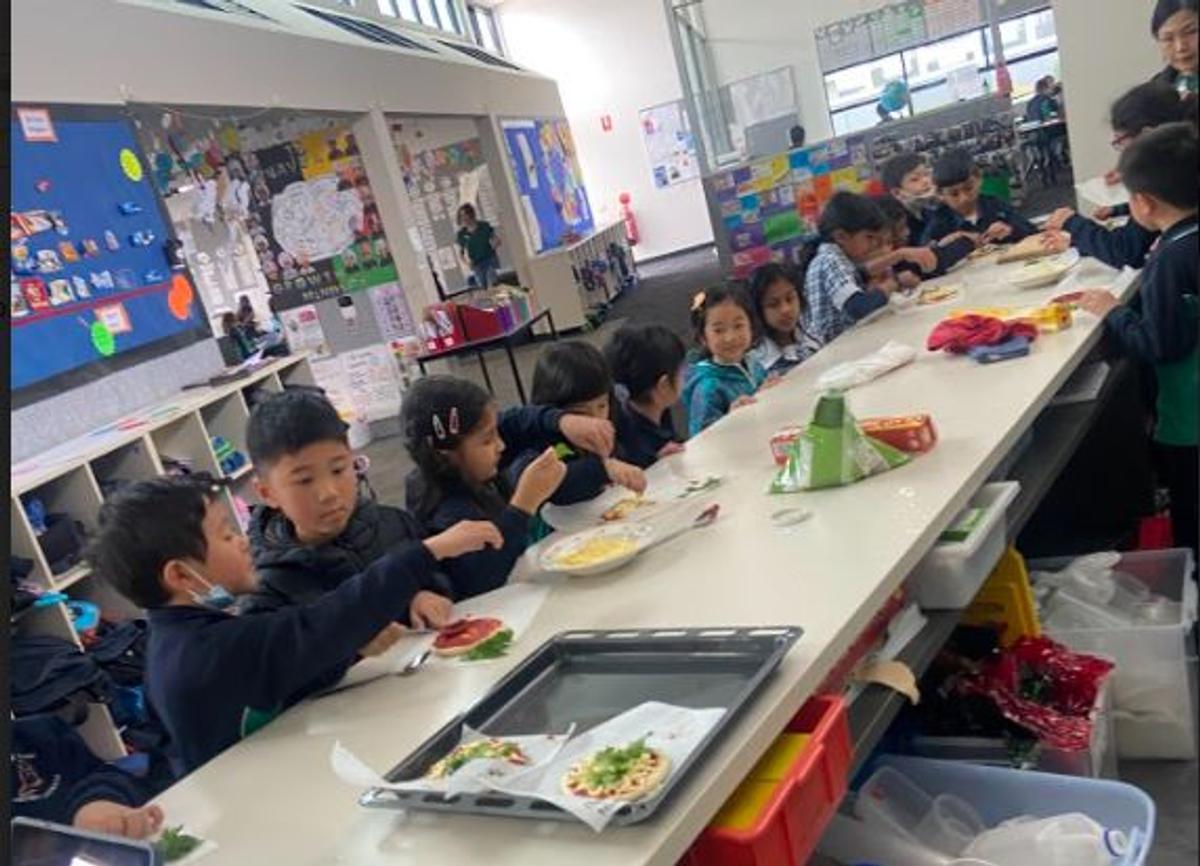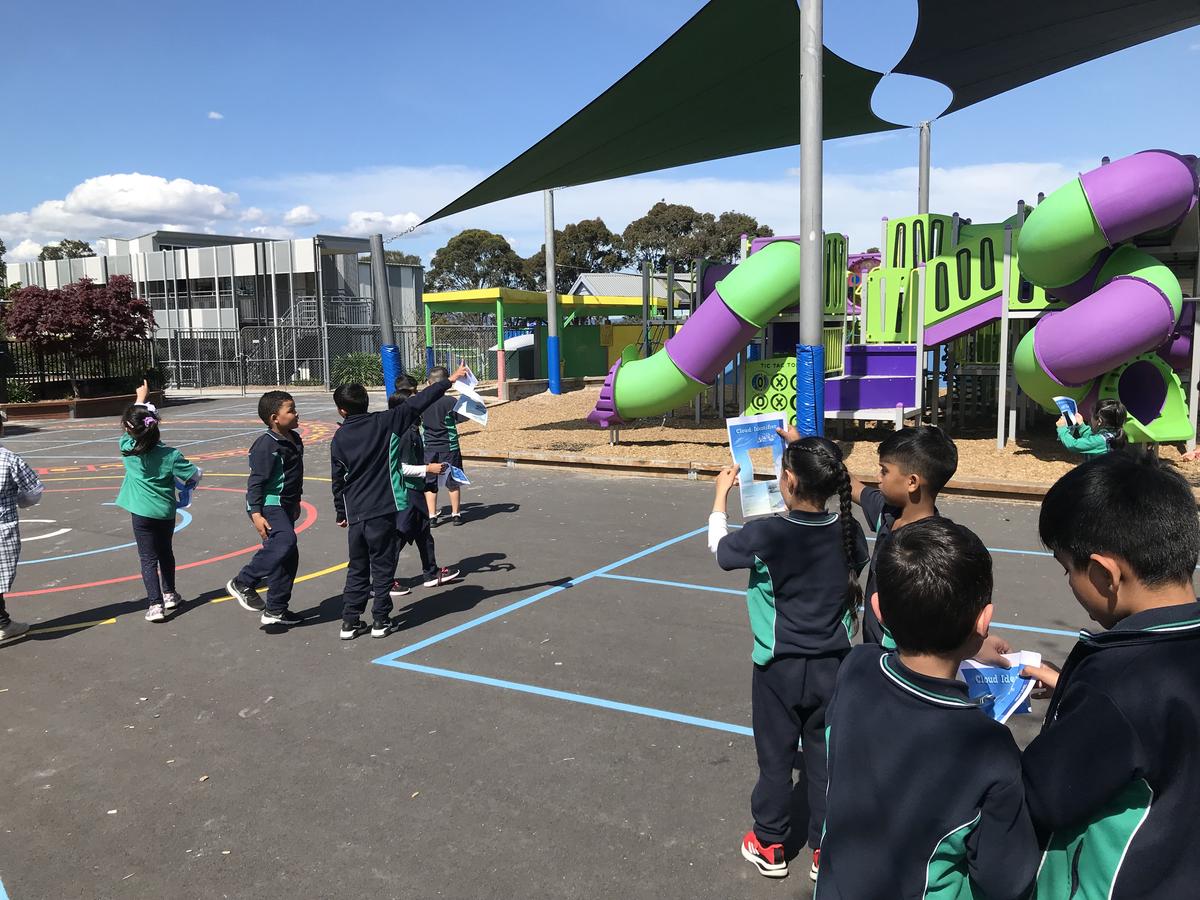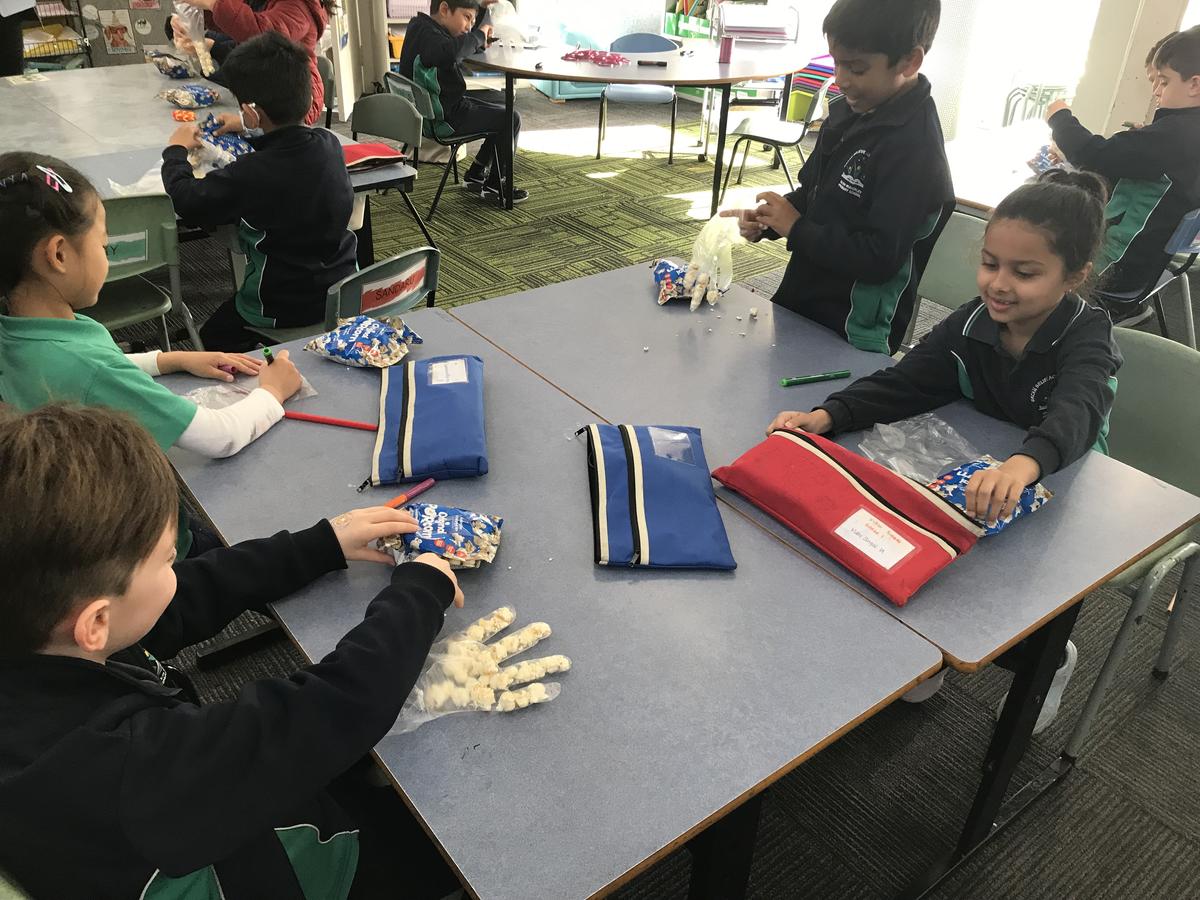Welcome to Term Four
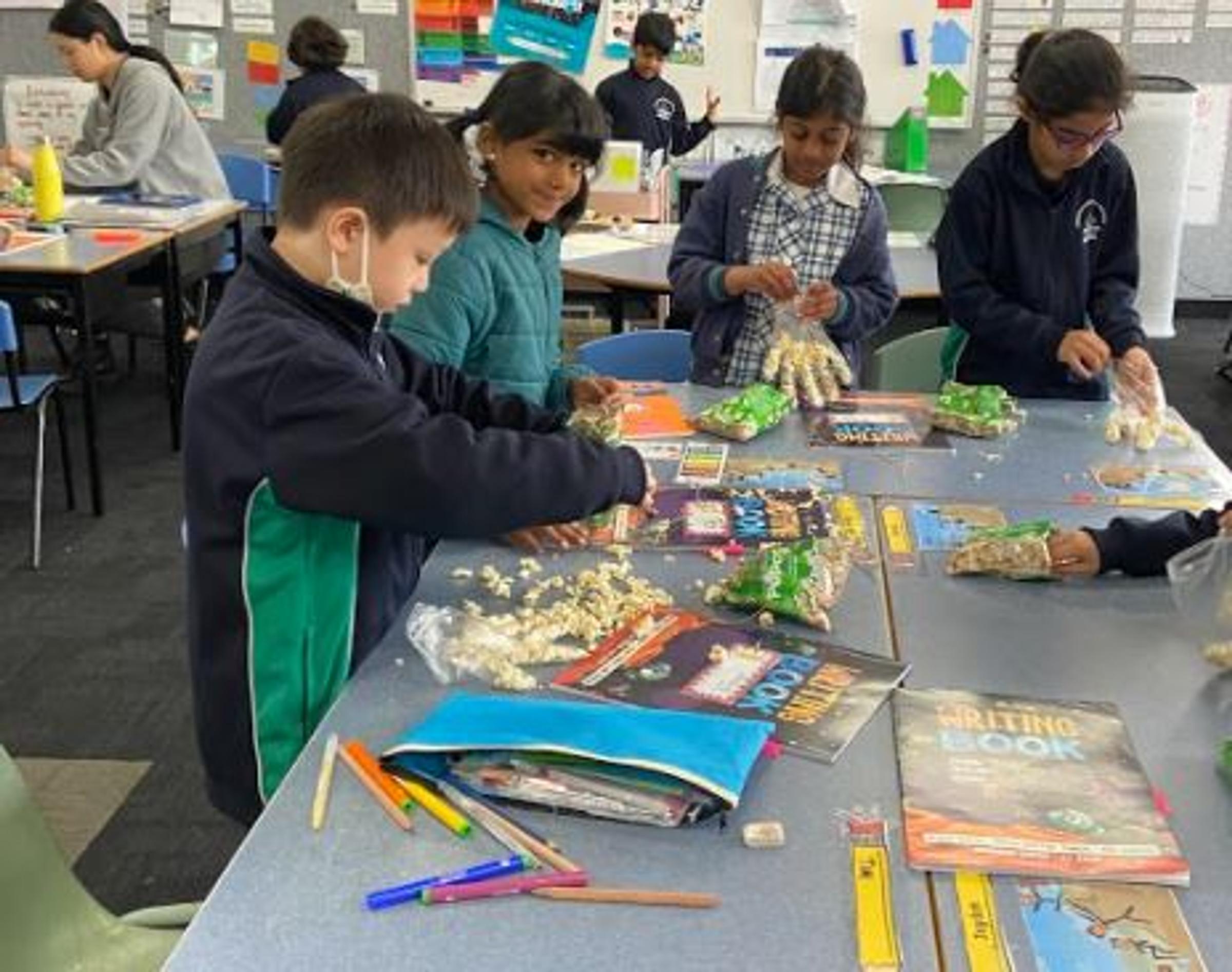
Welcome back to the final term of learning for the year! Can you believe it?! We are excited for another fantastic term of learning opportunities at Glen Waverley Primary School. An exciting buzz is evident as the Level One students enthusiastically reconnected with their friends and teachers through sharing many holiday stories and experiences.
Term Four is filled with many highlights such as, the school fun run, fundraisers and later in the term, an excursion to Science Works to explore the weather! Throughout the term, there will be a focus on deepening learning in preparation for transition into Year Two.
On behalf of all the Level One teachers, we would like to welcome new families and thank our community for the ongoing support and look forward to seeing everyone.
Important updates:
- School Fun Run 3rdNovember
- Science Works Excursion 2nd December
- 2023 Meet the Teacher Day 12th December
- Student reports 13th December
- Last day of term: 20th December 2022 at 1:30pm
YCDI
In Term Four, students will further develop and consolidate all five of the You Can Do It keys of Confidence, Persistence, Resilience, Organisation and Getting Along. Our focus through the first half of the term will be the ‘Zones of Regulation’ and how these help the students to identify their emotions and reactions to these emotions. Students will then learn strategies they can apply to regulate their emotions in different social situations. This will be evident through role plays and acting out scenarios of events that are familiar to them or they may encounter throughout the school day. Further to this, students will focus on building confidence and resilience for transitioning into Year Two next year. They will utilise the strategies they learnt earlier in the term to identify emotions and situations they may encounter in transition and role play solutions.
How to support your child at home:
- Ask them to explain how they were feeling throughout the day. Which zone were they in?
- What strategies have they learnt to help them recognise and regulate their emotions?
Reading
As we progress into Term Four, the Level One team are very excited to introduce and implement our new CAFE Menu. The learners will be setting their Term 4 CAFE Goals based upon the revised menu, which aims to provide a more personalised learning journey for every student in their reading development. Some of the new CAFE goals that will be explored throughout our units can include “Describe the purpose of different texts”, “Recognise Tier 1 and Tier 2 Vocabulary at sight”, “Compare and Contrast different types of texts” and “Identify words that are content/topic specific”.
With the implementation of the new café menu, we aim to provide a more thorough experience that targets the specific needs of all students, whether it is to expand on content specific vocabulary or further developing their fluency. Throughout the Term, students will read and explore a variety of Procedural and Persuasive texts, as well as finishing off the year with exposure to poetry. Through reading, students will work on their individual goals, as well as create links between both reading and writing. During poetry, they will explore author’s purpose and how poetry can evoke an emotional response. Additionally, exploring various text types will support selection of CAFE goals during conferences and will reinforce reading habits to prepare students for Year 2. Our Sustained Reading and library sessions will also provide additional opportunities for students to develop and consolidate their reading habits.
How to support your child at home
- Read with your child daily for 15mins and ask them what the purpose of the text was. For example, “Why do you think the author wrote this book?”
- Ask your child to identify Tier 1 and Tier 2 vocabulary in their home reader, and to use any words that are new to them whilst speaking.
- Look over the features of a text and get your child to explain the different features for you, e.g. what the purpose of a method in the procedure text is.
- Utilise the images in different texts, and ask your child how the images support the written language in different text types.
Writing
In Term Four, the Level One learners will continue to consolidate their writing skills using our whole school approach of VOICES. The learners will be focusing on a range of writing genres, including procedural, persuasive and poetry writing. Some of the VOICES goals they will explore will be; ‘I have thought about the purpose’, ‘Use an emotion or passion’, ‘The reader will know how I think and feel’ and use ‘Rime, rhythm, repetition’. Students will investigate how to follow and write a range of procedural texts such as: recipes, a ‘how to guide’ as well as DIY instructions. They will also be exposed to persuasive writing, persuasive media and the language features used to convince people which will allow them to create their own persuasive piece on a topic of their choice. Towards the end of the term, students will explore different poetry types such as rhyming poems, limericks, haikus and cinquain and get to experiment with creating their own. By exploring these varied writing structures, it will allow students the ability to develop their writing skills for Year Two. Students will continue to choose their individual writing goal and be supported through personalised group and individual conferencing to deepen their understanding. They will also build upon their Sustained Writing habits, as they work on increasing the length of time that they can write and edit for.
How to support your child at home:
- If able, make a recipe with your child. Then support them to write the recipe. Make sure to include the ingredients, steps and a title.
- Encourage your child to use newly learnt verbs, adverbs and adjectives in their writing to increase their vocabulary.
- Encourage your child to read over their writing to edit for spelling, punctuation and fluency.
- Support your student to explore poetry. This can be done though borrowing poetry books from the library or reading some poetry books together.
Spelling
This term, students will deepen their Spelling Inquiry skills through exploring their personalised spelling words. During the Spelling Inquiry process, they will continue to identify vowels, consonants and syllables. To expand their vocabulary, they will define chosen words and explore their synonyms and antonyms. Throughout the term, students will learn how to apply generalisations for double consonants and vowel sounds, learn how a suffix can affect the meaning of a root word, and apply silent consonant letters to the start of a word.
How to support your child at home:
- Select personalised words from take home reader books/ texts that they are reading.
- Define new or unfamiliar words.
- Ask your child to identify the vowels and consonants in different words.
- Say your personalised spelling words and identify each syllable.
- Write their personal spelling words in a sentence to develop and understanding of the definition.
- Use a thesaurus to find synonyms or antonyms for personalised words to expand their vocabulary.
Speaking and Listening
Throughout this term, students will practice, rehearse and perform a variety of short plays, deepening their understanding of performance. They will be focusing on presenting their plays using body language and expression. The learners will continue to develop their collaborative and oral language skill set such as turn taking and organisation.
Encourage your child to learn their lines for their playscript by:
- Asking how can they speak clearly/project their voice?
- Prompting them to think about what body language they can apply to demonstrate the actions for their part?
How can you vary your intonation and expression to engage your audience?
Mathematics
During Term Four, students will continue consolidating their understanding of Chance and Probability. They will continue to explore the likelihood of different events by conducting chance events and linking how they can use fractions to describe probability.
Students will then explore Fractions and Decimals, with the focus of understanding the concept of a ‘whole’. They then will investigate how equal parts make a ‘whole’ and the correlation to decimals.
During our Time and Duration unit of learning, students will transfer their fractional knowledge to read an analogue clock using the language, ‘quarter past’, ‘quarter to’, ‘half past’ and ‘o’clock’. They will further investigate duration of time by exploring the terms, ‘seconds’, ‘minutes’ and ‘hours’ to describe how long various events go for.
For the final unit of the term, students will explore Units of Measurement and experiment by comparing the capacity using various sized and shaped containers. They will investigate different shaped containers and order them from smallest to largest whilst also exploring how the height and width of a container affects its capacity.
How to support your child at home:
- Sharing objects at home. E.G. Break half a chocolate bar, cut a quarter of an apple.
- Find real life objects that are divided into fractions. I.e cheese slices, eggs, loaf of bread.
- Discuss an analogue clock by asking what the time is.
- Timing various tasks around the house and how long something took. E.G. It took 25 minutes to cook dinner, It took 3 minutes to brush your teeth.
- Exploring how different sized containers can hold different amounts of liquids.
Inquiry
Through our guiding question ‘How are we impacted by our environment?’, students will learn about different types of weather and use this knowledge to explore how weather can impact our daily lives and activities. They will explore the weather through observation, using their senses to describe the weather outside and how it makes them feel. Students will learn, through experiments and investigations, about the different types of weather. This will include how rain is formed, the types of clouds, the strength of wind and how the seasons link to weather. They will explore rain, clouds and lightning further on our excursion to Science Works in December.
Students will link their weather observations to how they feel each day, along with what items of clothing they may wear and the types of activities they can do. They will then determine what they might pack for a holiday based on the weather at the location. Students will form daily weather predictions by using their new knowledge. The final transfer will showcase their new knowledge through creating a weather report informing listeners of the weather for the day, along with how it may impact their emotions, their clothing choices and their activities.
How to support your child at home:
- Discuss the weather for the day, linking it to what they may wear.
- Link the activities you do on the weekend to what the weather is like that day.
Ask students to explain their understanding of different weather events.

